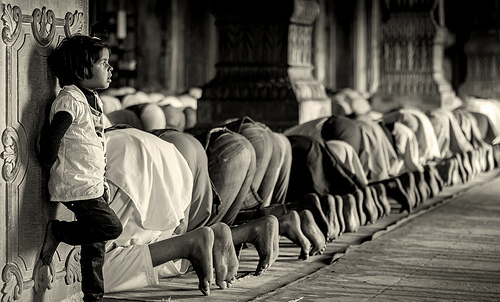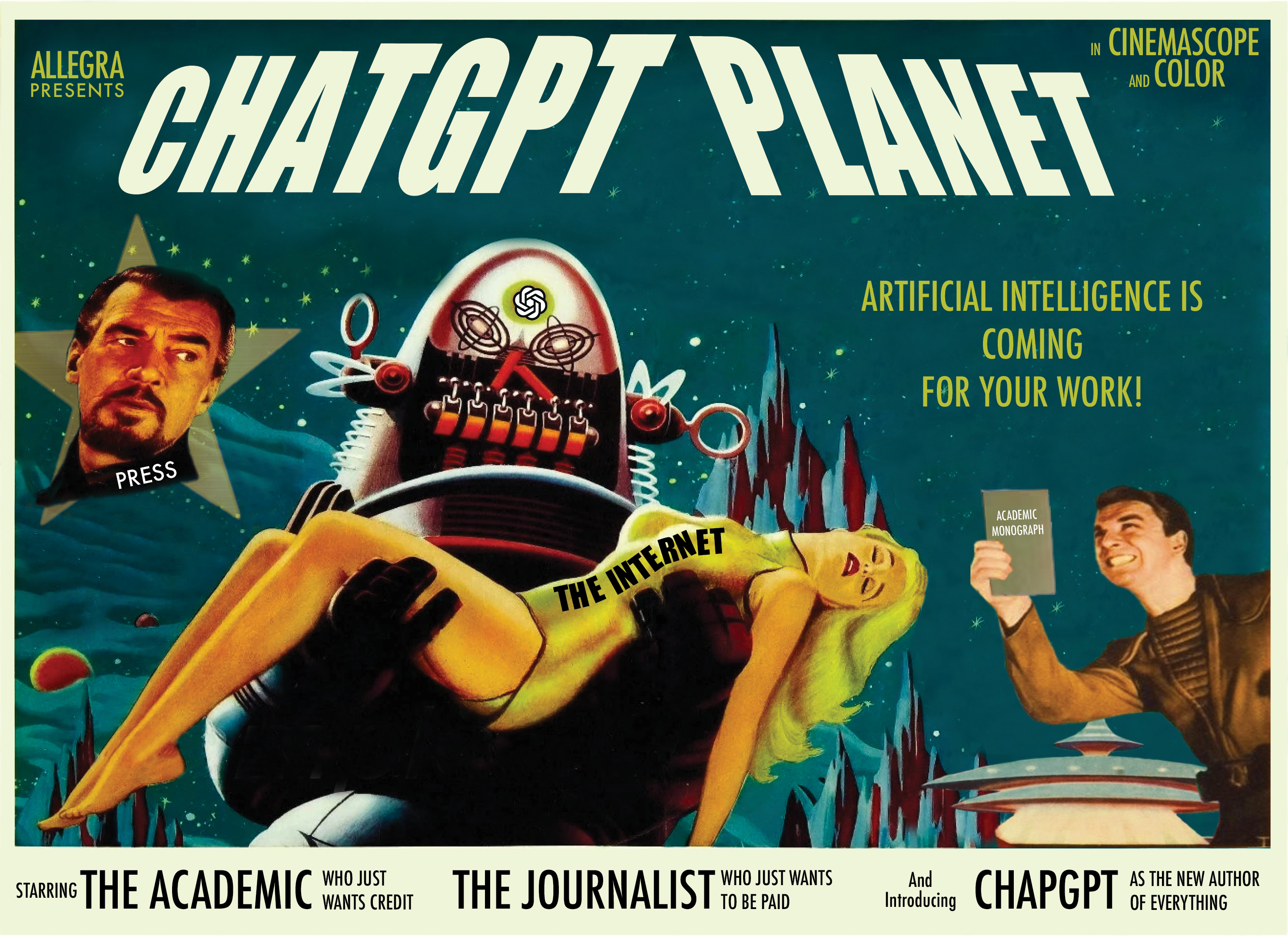Charles Hirschkind. The Ethical Soundscape: Cassette Sermons and Islamic Counterpublics. 288 pages, ISBN: 978-0-231-13819-2.
Hirschkind’s The Ethical Soundscape, which traces the use and spread of cassette sermons within the Islamic Revival movement in Egypt, achieves a great deal in a tiny amount of space. In essence, it is a traditional piece of anthropological literature amassing an impressively diverse range of theory and sustained and well-wrought fieldwork to dispel any simplistic explanations that justify our own prejudices.
In this case, Hirschkind’s ultimate aim is clearly to reposition the cassette sermon from an object of indoctrination to an object for an Aristotelian-like habituation of virtue that encompasses bodily praxis, emotional receptivity and ethical response. In this sense, Hirschkind’s aim is ultimately a political one.
In fact, his ‘Epilogue’ concludes by addressing some of the potential accusations his work may inspire such as: ‘Can a politico-religious movement ever be able to address and make space for religious pluralism?’ He concludes by reiterating that the Islamic Revival movement cannot be glossed over as a fundamentalist movement and that the West’s suspicion of this movement lies in liberal democracy’s inability to make sense of models of democratic action that cannot be reconciled with secular humanism and discourses of human rights.
Nevertheless, Hirschkind does not ignore cassette sermons’ more unsavoury histories, like their contribution in the overthrow of the Shah during the 1979 Iranian revolution (p.5) or the contribution of some participants in the Islamic Revival movement to anti-Coptic sentiments in Egypt. Hirschkind simply exhorts the reader to not reduce the complexity of the lifeworld of the Islamic revival movement and to be aware that a lot of misunderstandings erupt from deeply entrenched dispositions towards Islam. Hirschkind’s urgency and constant reiteration of this point may become exhausting to some readers, but considering that such attitudes towards ‘traditionalism’ find their way into U.S. defence planning documents, Hirschkind is aware of the responsibility he has as an academic.
Hirschkind’s work however, accumulates a number of other achievements on multiple levels. Firstly, it makes the case that cassette sermons, which ought to appeal to the rational-critical faculties as much as to the heart, ‘the seat of ethical sensibility’ (p. 122), form part of a set of techniques that allow the listener to hone their ethical sensibilities. This is achieved both on an individual level, which addresses a synesthetic range of bodily, passional and rational abilities, but also trains one as a ‘Quranically tuned body and soul’ (pg. 76) who is able to create a ‘pious soundscape’ (pg. 123). The ability to both act automatically on Muslim principles and to attend to the moral needs of one’s own community is essential to what Hirschkind call an ‘Islamic counterpublic’. The example of Ibrahim, who corrects other people’s attitudes towards Bosnian Muslims in his coffee shop helps elucidate what Hirschkind means by this counterpublic. While listening to a passionate sermon about the plight of Bosnian Muslims at the hands of Serbian aggressors, Ibrahim enters into a discussion with one of his clients about who should be included into the Muslim population. Ibrahim corrects one of his clients who believes that they should only care about ‘our brothers, the Arabs’ (pg.119) while Ibrahim believes that ‘Muslims are Muslims, wherever they are’ (pg.119). This indicates two things, namely that what Hirschkind means by a ‘counterpublic’ is a supranationalist attitude that partially springs from and incorporates nationalistic projects while simultaneously overriding it.
Also, it indicates that the Islamic Revival movement, which Ibrahim is a part of, articulates a link between global political issues as well as the moral reform of one’s local community. Although there are times when it is difficult to understand what Hirschkind means by his notion of ‘counterpublic’, there are enough images and examples that persistent readers can understand the concept. For example the image of the solitary reader as standing for bourgeois critical reason and political space verses that of the ethical listener for the Islamic movement (p.107).
The book also manages to create a sustained critique that supersedes dualisms such as traditional/modern that are often applied to the study of religious movements. Inspired by authors such as Talal Asad, Hirschkind presents a sophisticated argument for the re-examination of this dualism by presenting practitioners of the tradition as creative actors enabled by some of the conditions of modernity to make both continuation and adaption viable. His examination of the Enlightenment’s privileging of the eye and the seeping in of this epistemological prejudice into analyses of Islamic societies from the 19th century onwards (pg.13-18) is especially useful.
The Ethical Soundscape succeeds as an excellent piece of ethnography; Hirschkind spent a year and a half in Cairo speaking to khutaba, who made the sermons, the young people who listened to them on a regular basis, as well as training under an experienced preacher in the art of sermon-making. Hirschkind’s embeddedness within the cacophony of sermon listening shows through the thick description of places he visits and the young people he meets. Despite the book leaning heavily on direct quotations and Quranic terminology, one never feels lost and the reader is immediately brought back to wider theoretical concerns. For these reasons, The Ethical Soundscape will be useful to a diverse range of readers as it successfully covers everything from aesthetics and bodily praxis, to a re-attuned examination of the relation between modernity and tradition as well as a deep historical examination of the political framings of the Islamic Revival movement.






